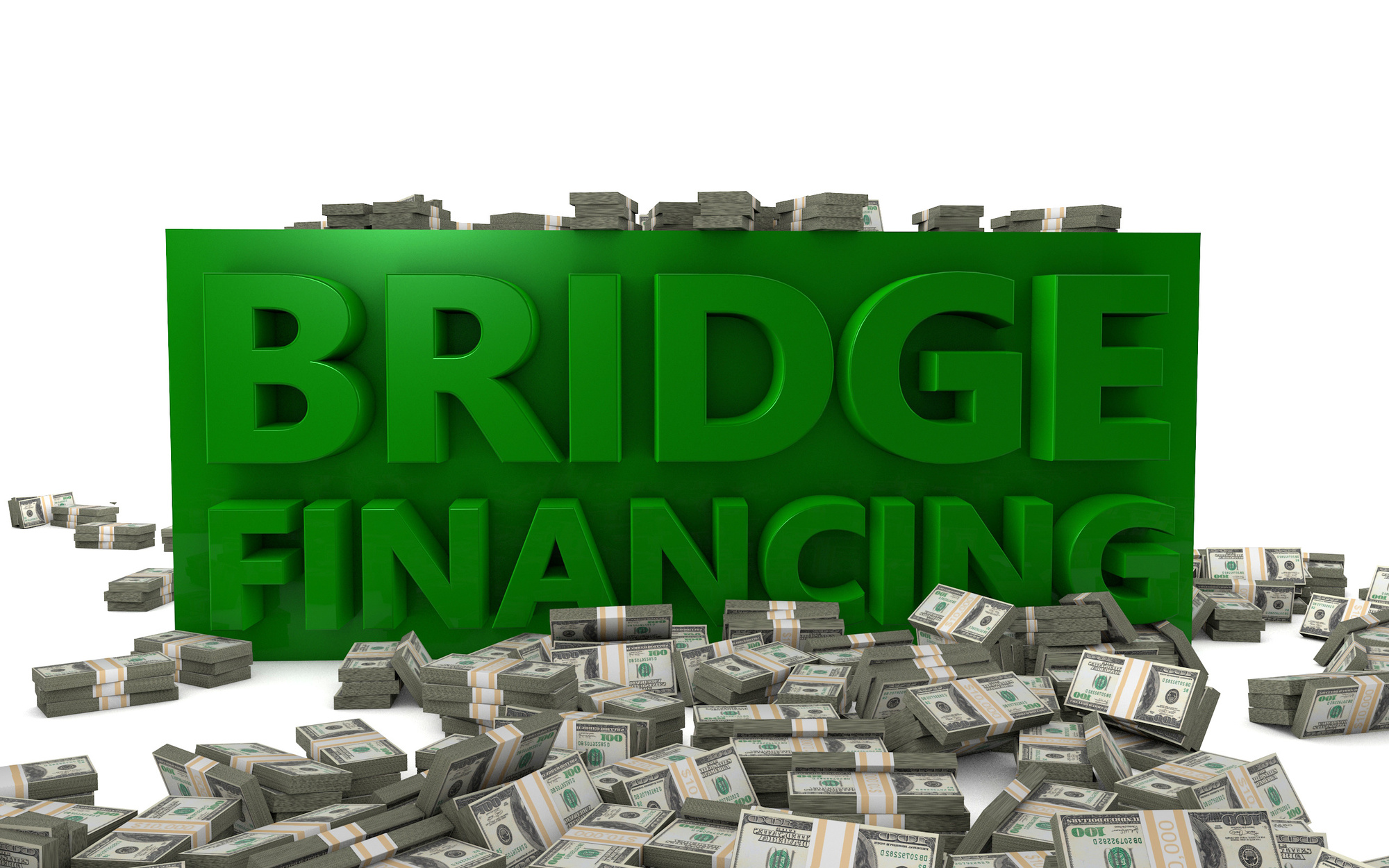The Pros and Cons of Bridge Loans
Trying to buy a new property but the money isn’t coming in until a few weeks later?
Did you find a house you like but can’t secure a mortgage loan until after you sell your old one?
Real estate bridge loans could be the solutions you’re looking for.
This is the type of loan to reach for when you’re hoping to sell your home and you’re looking in the market for the new property. But is this the right choice? What are the pros and cons of bridge loans?
First off, it’s important to understand what a bridge loan is and how it works:
Defining Bridge Loan Financing
Bridge loans, as the name suggests, are short-term loans to help you secure a new property investment before you get approved for a full mortgage loan.
For example, say you applied for a mortgage loan to purchase a house worth $300,000. The bank tells you it’ll take four or five weeks for approval and then there are another two weeks to secure the funds and complete the transaction with the realtors. The only problem is, the house is going back to the market if you can’t give the initial down payment within a week or two.
A good way to settle the down payment before you get the mortgage loan is to get a bridge loan. Use the money to complete the down payment, secure the new property, and then pay the bridge loan once you get the full mortgage loan.
The Pros and Cons of Bridge Loans
Before getting a bridge loan, it is important to consider the ups and downs of sort of transaction. Discover more about bridge loans before blindly applying for one. It always helps to be extra careful, after all.
Without further ado, here is a look at the different pros and cons of a bridge loan:
Pros of a Bridge Loan
One of the biggest benefits of a bridge loan is that it offers you more freedom to proceed with property investment. You don’t have to wait for the mortgage loan approval and you don’t have to wait until you sell your old house to pay for the new one.
You also get more repayment options when it comes to bridge loans. Some lenders allow you to pay the loan before you get the mortgage loan or after. Others allow you to offer a collateral, which makes them secured bridge loans. In these cases, you can let them keep the collateral if you can’t pay the bridge loan back.
Another benefit is that bridge loans use short lending terms. They don’t last for months or years. You can settle a bridge loan in a few payments.
This is a major benefit because you don’t have to worry about maintaining finances for a long period. You won’t have to worry about paying the bridge loan while paying the mortgage loan and a third loan all at the same time.
One final benefit is the flexible nature of bridge loans. As mentioned, some lenders offer the chance to pay the loan before or after securing a mortgage. Others are secured loans so you can offer a collateral if you want to make sure you can pay it off in case you don’t have enough cash later on.
Cons of a Bridge Loan
There are only three major downsides in getting a bridge loan.
The first issue you will have to deal with is the higher interest rate. Because these only serve as a contingency plan while waiting for a bigger loan, lenders tend to raise the interest rate. You may not feel it at first but if you start missing payments, the extra charges you’ll pay will stack and easily get out of control.
Bridge loans also present a higher financial risk on your end.
Keep in mind that the total mortgage debt for one-to-four families in the US now amounts to over $10.62 trillion, meaning hundreds of families sink into debt after getting a mortgage loan or supporting loan they can’t pay.
If you don’t get approved for the mortgage loan but you already took a bridge loan, you’ll end up in short-term debt. This means you now have to secure another means of paying it off, like getting a secured personal loan.
The third downside is that you need outstanding credit and significant equity to qualify for bridge loans. They do need to check if you can pay it off and if you would qualify for the mortgage you applied for. If they see your financial standing isn’t in order, it means you likely won’t get approved for the mortgage loan and you won’t be able to pay the bridge loan either.
Bonus Advantages
The benefits of getting a bridge loan clearly outweigh the disadvantages but there are a few other reasons why you should get a bridge loan.
One additional reason is the fact they have a higher approval rating compared to traditional loans. Most lenders will approve you for a bridge loan if they see you already applied for a mortgage, meaning there is a plan laid out ahead. You’re not borrowing quick cash for the sake of it.
Another benefit is that some lenders offer refinancing plans. If you can’t repay the bridge loan on time or if you need an extension because the mortgage is taking a little longer than expected, you can expect the lender to work some adjustments in your favor.
Discover More Financing Solutions Today
If you’re aiming to buy a home and you need to settle the transaction quickly, bridge loans can be the answer.
Understanding the pros and cons of bridge loans can help you decide whether or not you can take the next step forward and apply for one. Always keep in mind that these are short-term loans meant only to secure the property before you get the full mortgage loan. They’re not an additional loan on top of your full mortgage.
Looking for more financial tips and tricks? Visit us today and read up some of our other guides, such as this one that discusses how you can get the best mortgage rates.



